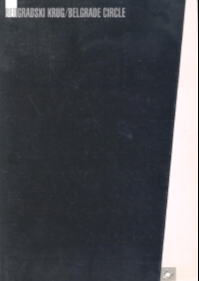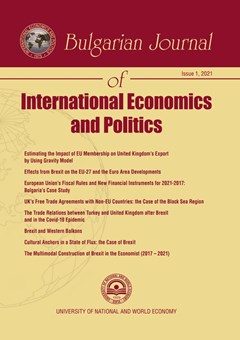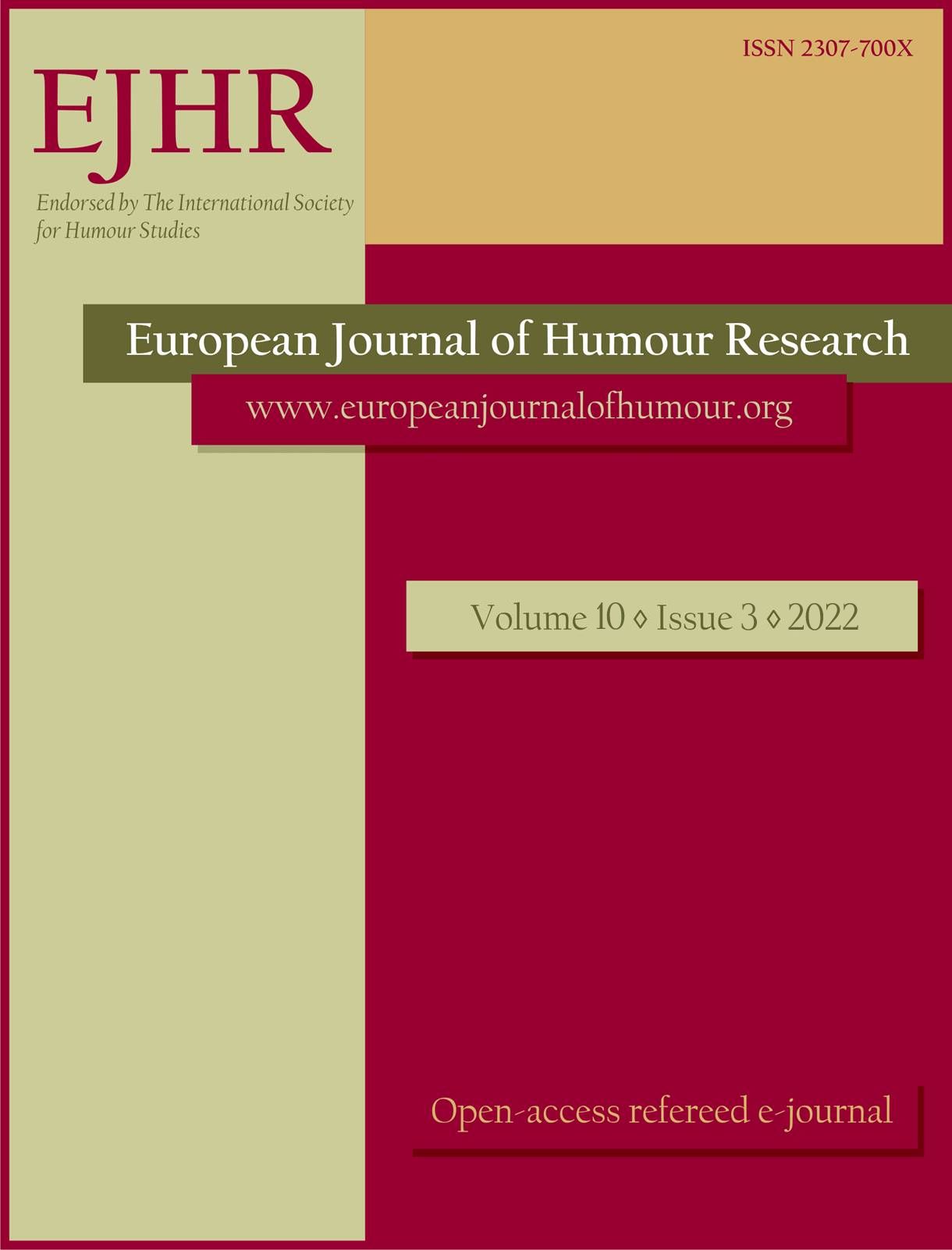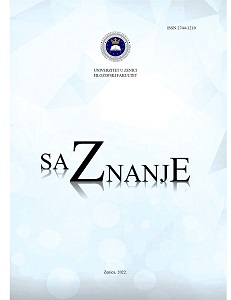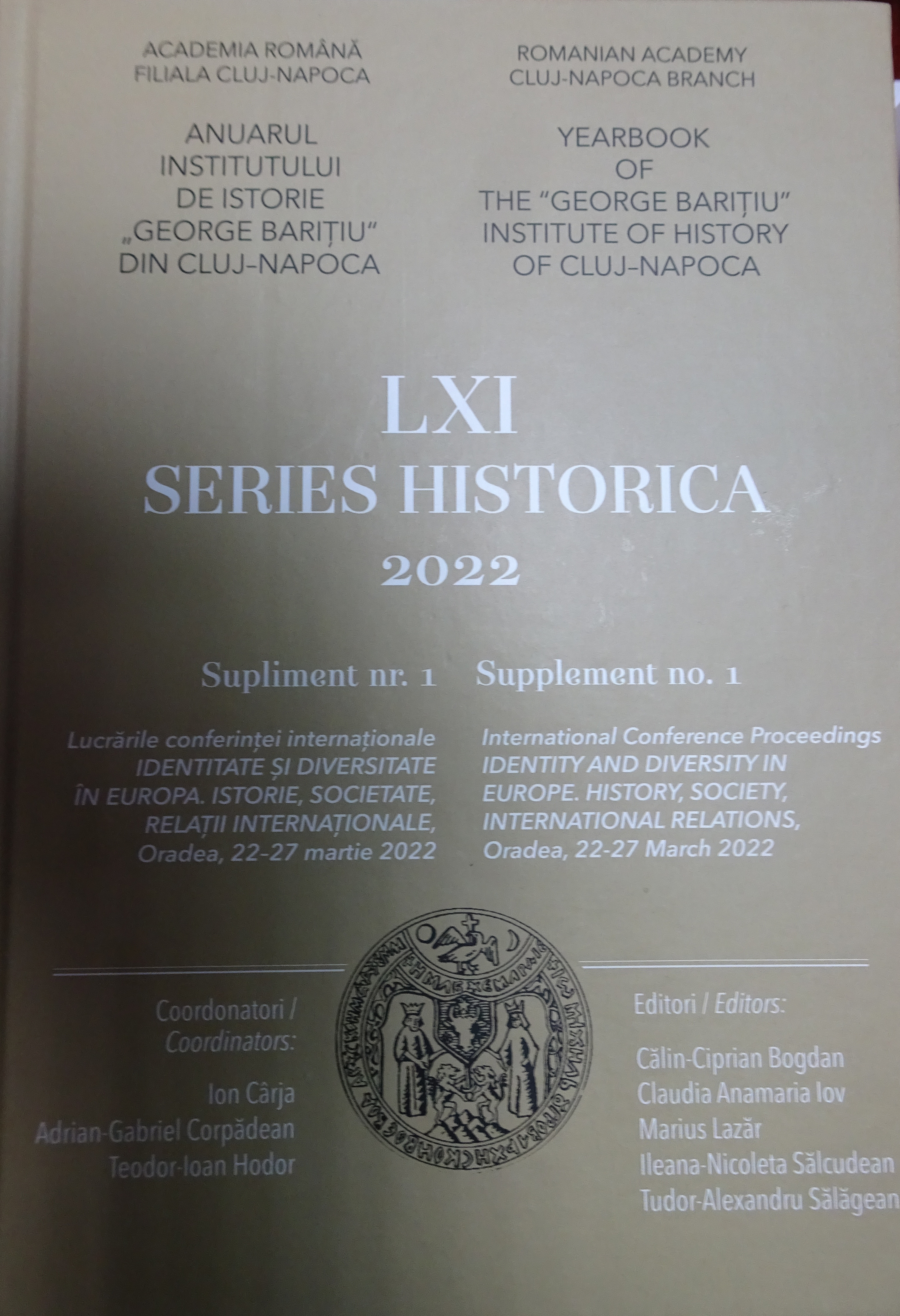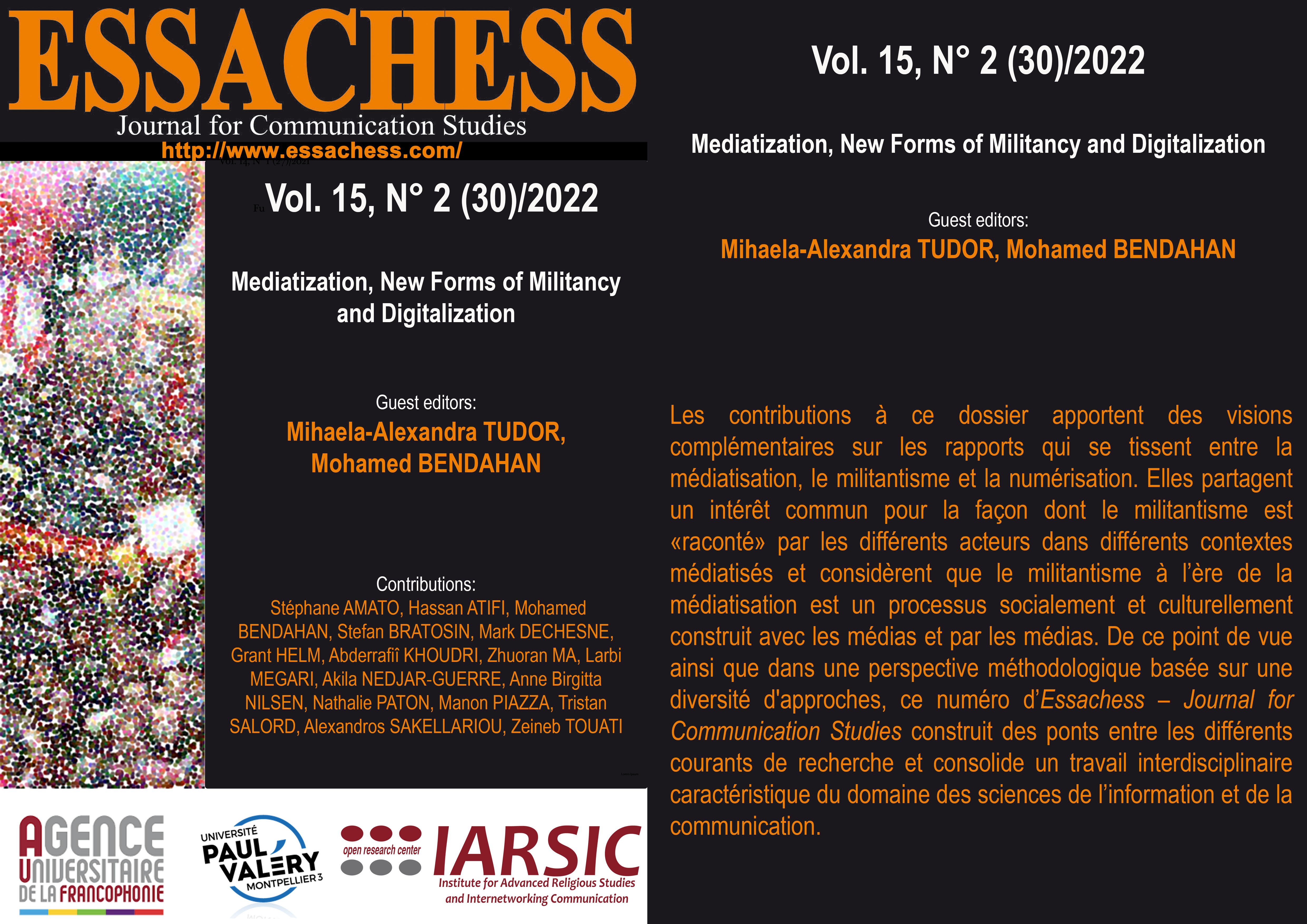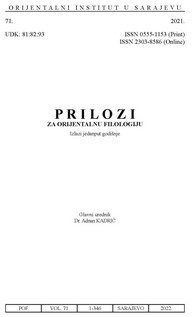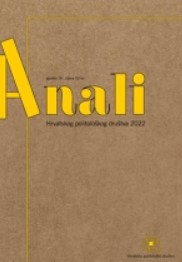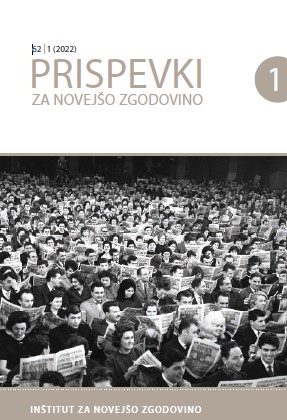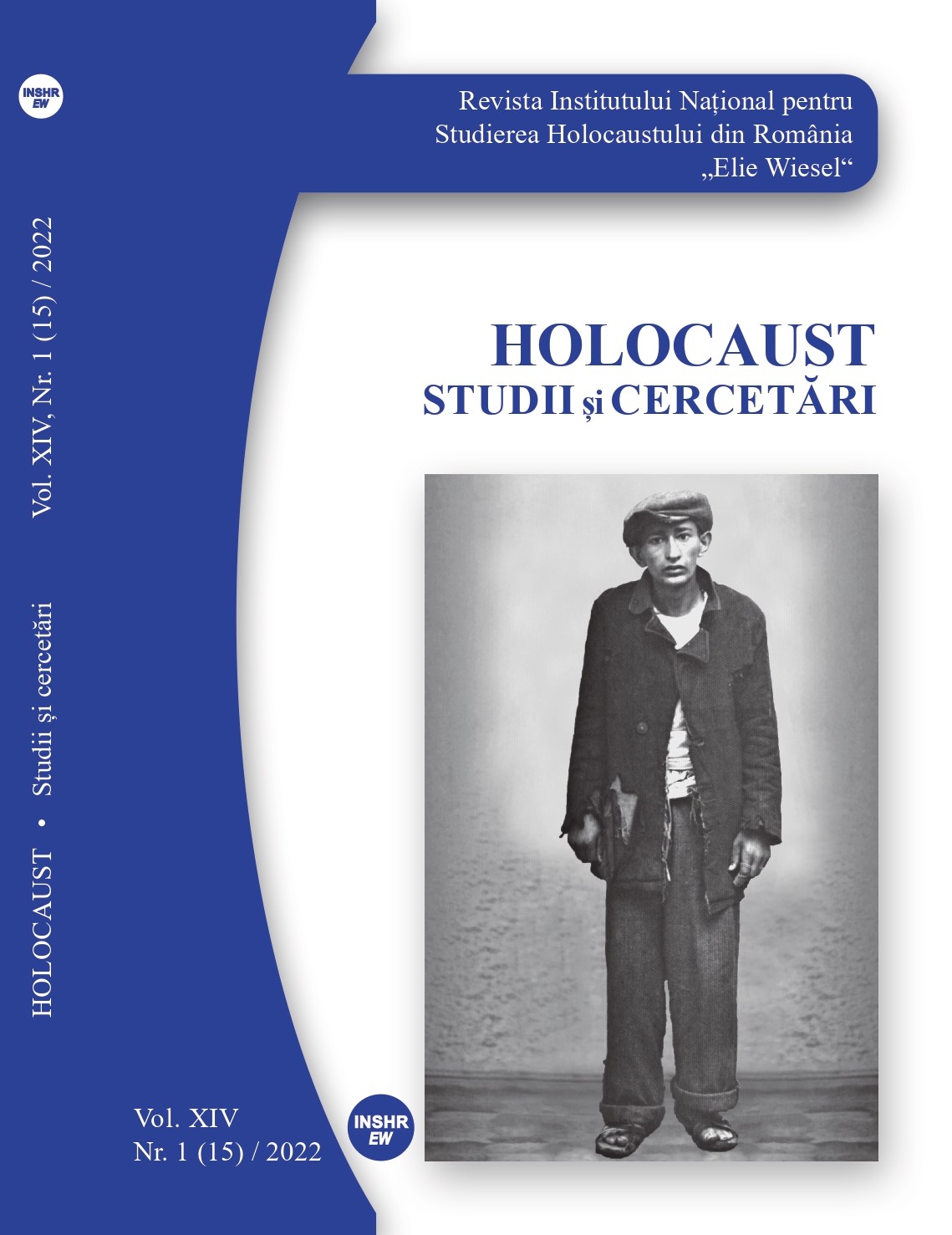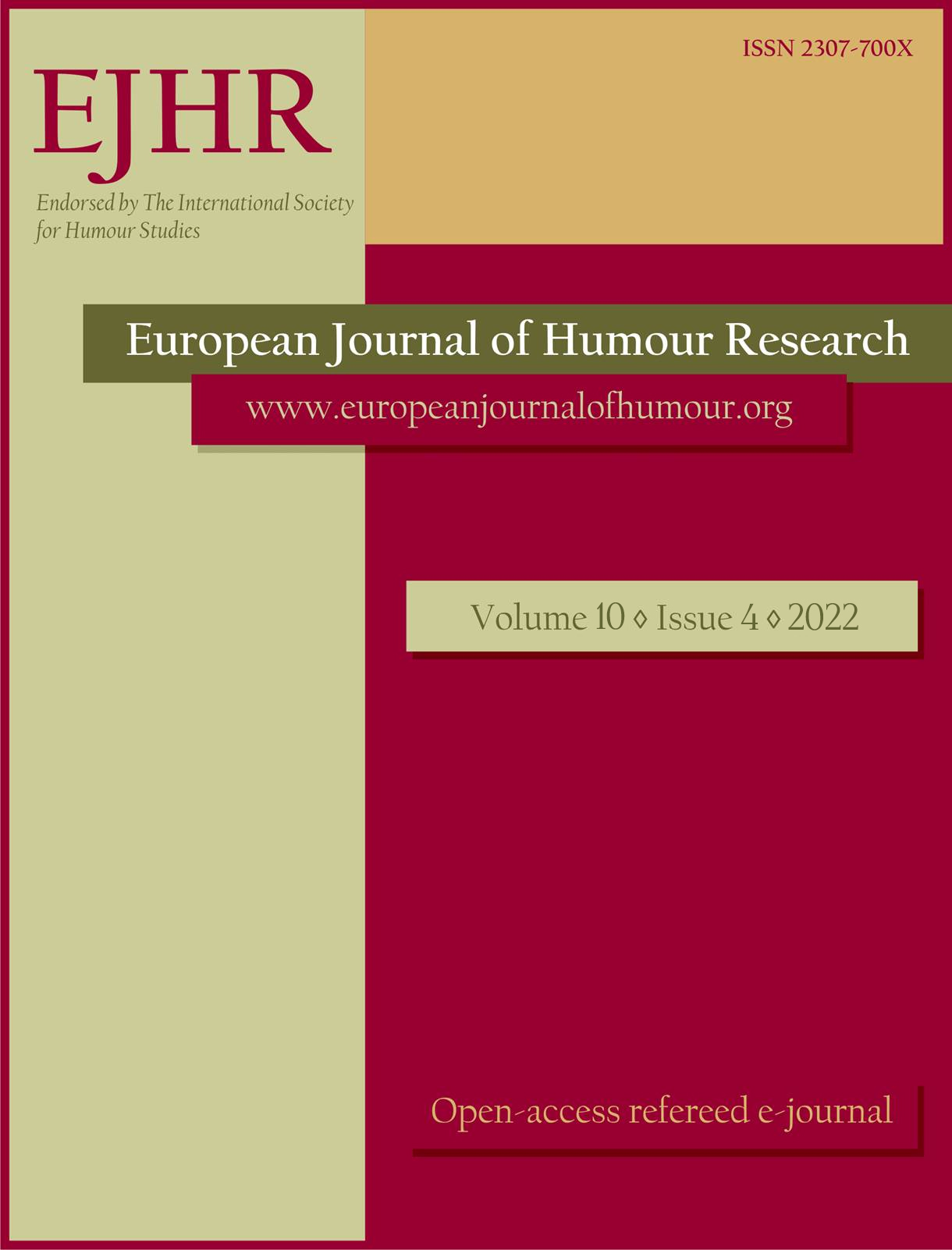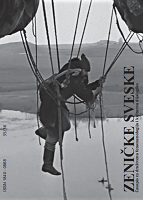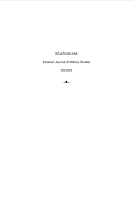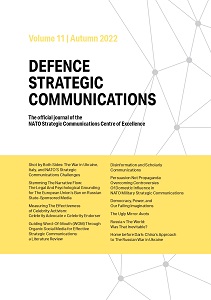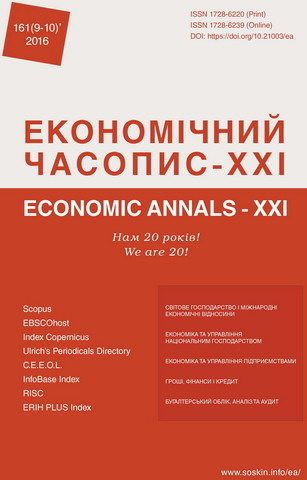
Роль комунікаційних мереж і практик у консолідації суспільства: висновки для України
Means of mass communication impact all the processes which take place in society, and in particular the process of consolidation. These impacts can be different and depend upon many factors. Among them are social media policies; policies of the owners of media resources; peculiarities of a certain continent or country or region; ethnic or racial situations; interest of political elites in reaching consolidation in the society they belong to. The article deals with the examples of the Northern American, Western European and African countries. The analyses based upon three case studies of one of the main American television network CBS; British public broadcaster BBC; and Kenyan Governmental and Communal Radio and Television has proved that media initiatives can have either positive or negative impact concerning consolidation according to the content provided to their listeners and viewers. The author has defined the role of mass media managers and journalists in this process and analysed principles of media policy used by commercial, governmental, communal and public service broadcasting. The results of the research make it possible to draw useful conclusions about the role of mass media, communication nets and communication practices for consolidation of the Ukrainian society, namely the concluding remark that Ukraine should develop its own public service broadcasting bearing in mind the experience of the leading public service broadcasters, especially BBC.
More...
